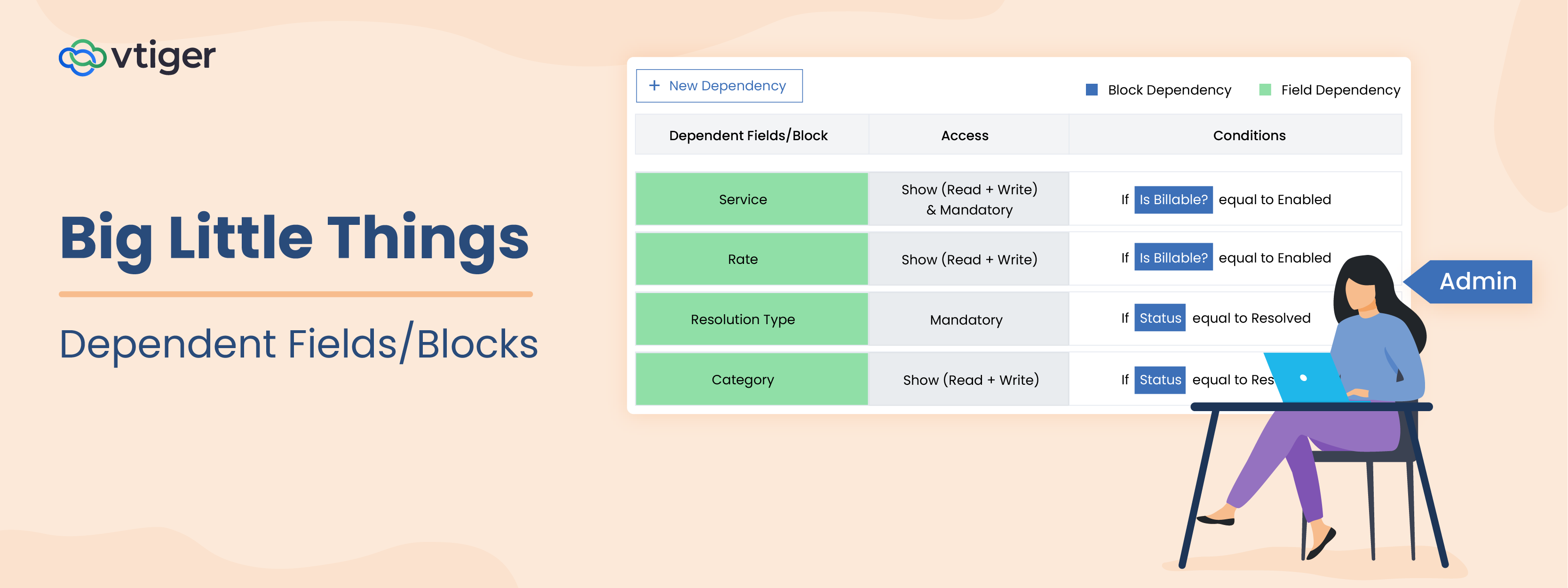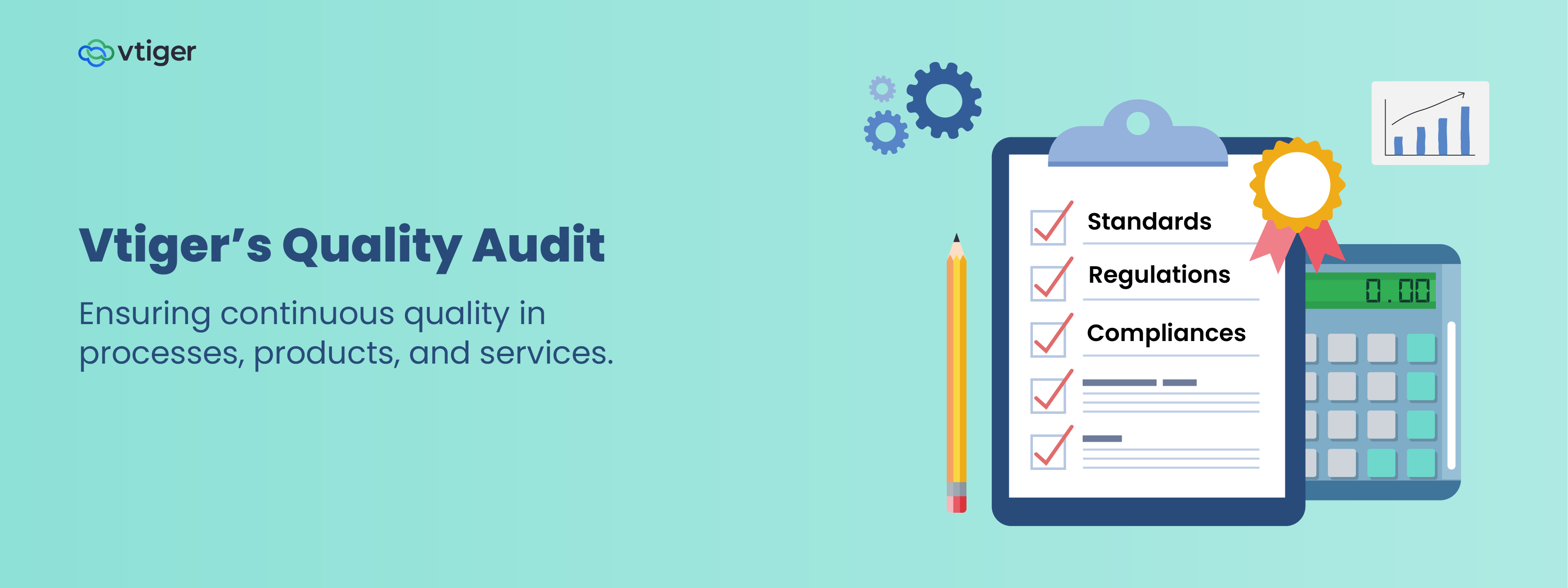An interesting post by Seth Godin. It puts analysis ahead of opinion.
“Blog readers are far more likely to be asked for their input than the average employee. You’re frequently required to approve, improve, and adjust things that are about to become real. And yet, if you’re like most people, you’re pretty bad at it.
In the interest of promoting your career, making your day at work more fun, improving the work life of your colleagues, and generally making my life a whole lot better, I’d like to give you some feedback on giving feedback. As usual, the ideas are simple–it’s doing them that’s tricky.
The first rule of great feedback is this: No one cares about your opinion.
I don’t want to know how you feel, nor do I care if you would buy it, recommend it, or use it. You are not my market. You are not my focus group.
What I want instead of your opinion is your analysis. It does me no good to hear you say, “I’d never pick that box up.” You can add a great deal of value, though, if you say, “The last three products that succeeded were priced under $30. Is there a reason you want to price this at $31?” Or, “We analyzed this market last year, and we don’t believe there’s enough room for us to compete. Take a look at this spreadsheet.” Or even, “That font seems hard to read. Is there a way to do a quick test to see if a different font works better for our audience?”
Analysis is a lot harder than opinion because everyone is entitled to his or her own taste (regardless of how skewed it might be). A faulty analysis, however, is easy to dismantle. But even though it’s scary to contribute your analysis to a colleague’s proposal, it’s still absolutely necessary.
The second rule? Say the right thing at the right time.
If you’re asked to comment on a first-draft proposal that will eventually wind its way to the chairman’s office, this is not the time to point out that “alot” is two words, not one. Copyediting the document is best done just once, at the end, by a professional. While it may feel as if you’re contributing something by making comments about currently trivial details, you’re not. Instead, try to figure out what sort of feedback will have the most positive effect on the final outcome, and contribute it now.
Far worse, of course, than the prematurely picky comment is the way-too-late deal-breaker remark. If I’ve built a detailed plan for a new factory in Hoboken, New Jersey (and negotiated all the variances and integrated the existing landscaping), the time to tell me you were thinking of relocating the plant to Secaucus was six months ago, not the night before the groundbreaking.
The third rule? If you have something nice to say, please say it.
I’ve been working with someone for about a year, and in that entire time, he’s never once prefaced his feedback with, “This was a really terrific piece of work,” or “Wow! This is one of the best ideas I’ve heard in a while.” Pointing out the parts you liked best is much more than sugarcoating. Doing so serves several purposes. First, it puts you on the same side of the table as me, making it more likely that your constructive criticism will actually be implemented. If you can start by seeing the project through my eyes, you’re more likely to analyze (there’s that word again) the situation in a way that helps me reach my goals. “I think it’s great that you want to get our quality ratings up. Let’s see whether the added people you say this initiative requires are really necessary, and whether beginning your report with staffing needs is the best way to get this past senior management.”
Second, it makes it so much more likely that I will come to you for feedback in the future. It’s easy to interpret the absence of positive feedback as the absence of any sort of approval or enthusiasm. Finally, being nice to people is fun.
If I haven’t intimidated you with my other rules, here’s the last one: Give me feedback, no matter what.
It doesn’t matter if I ignored your feedback last time (maybe that’s because you gave me your opinion, not an analysis). It doesn’t matter if you’re afraid your analysis might ultimately be a little shaky. It doesn’t matter if you’re the least powerful person in the room. What matters is that you’re smart; you understand something about the organization, the industry, and the market; and your analysis (at the very least) could be the kernel of an idea that starts me down a totally different path.”
http://sethgodin.typepad.com/seths_blog/2006/07/how_to_give_fee.html
The feedbacks that we get on the uninstallation front are all taken seriously simply because those are the areas which we feel we are not good yet. Being good enuf is not enuf, we simply have to excel or there is no market for us. We would like to have more details on that front which will help us to debug the issue and get back to you. More often than not, we are not able to get the emailaddresses of the people who have given the feedback with minimal information. This puts both the sides at a loss. We would like to interact with you and get to know your problem. We have screwed up your experience with our product, we would like to fix that for you even if it requires staying in office the entire night and calling you and looking into your system with webex.
You are important to us as you are the reason for our existence. Your feedbacks help us make a better product, give a better experience. In fact, you define us to say the least.


